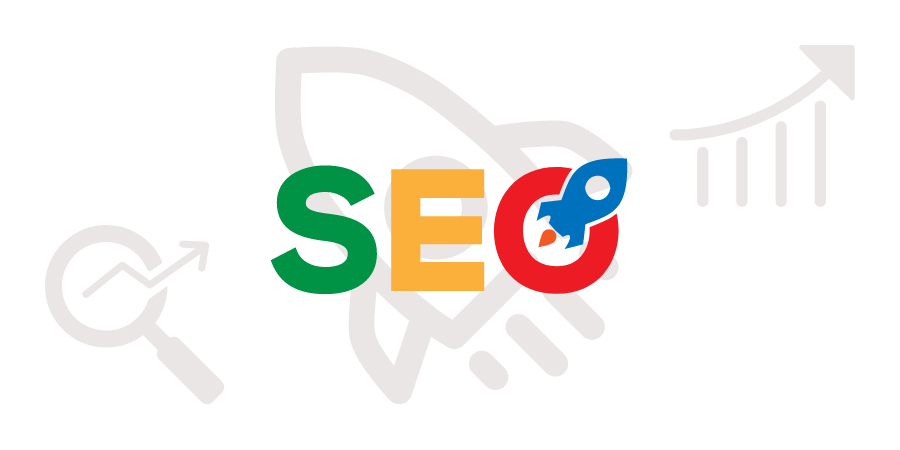
The Importance of SEO: Boosting Your Online Presence
In today’s digital age, having a strong online presence is essential for any business. However, simply having a website isn’t enough. To ensure that potential customers can find you, your website needs to rank high on search engines. This is where Search Engine Optimization (SEO) comes in. SEO is the practice of optimizing your website’s content and structure to increase its visibility in search engine results. By doing so, you can drive more organic (non-paid) traffic to your site, improve user experience, and ultimately grow your business.
What is SEO?
SEO involves a combination of strategies and techniques aimed at improving a website’s ranking on search engine results pages (SERPs). The goal is to make your website more visible and accessible to search engines like Google, Bing, and Yahoo, which helps attract relevant visitors to your site. Effective SEO includes a variety of practices, such as keyword research, content creation, on-page optimization, and technical improvements.
The Key Components of SEO
- Keyword Research:
One of the first steps in any SEO strategy is keyword research. This involves identifying the terms and phrases that your target audience is searching for. By strategically placing these keywords in your content, titles, meta descriptions, and headings, you increase the chances of your site appearing in relevant search results. - On-Page SEO:
On-page SEO refers to optimizing elements on your website to make it more search engine-friendly. This includes improving titles, headings, meta descriptions, and URLs. The content itself must also be high-quality, relevant, and engaging to users. The more relevant your content is to a user’s search intent, the better your chances of ranking higher. - Off-Page SEO:
While on-page SEO is important, off-page SEO is equally crucial. This includes building backlinks from reputable websites. Backlinks act as “votes of confidence” for your website, signaling to search engines that your content is trustworthy and authoritative. - Technical SEO:
Technical SEO involves optimizing your website’s technical aspects to ensure it is crawled and indexed by search engines effectively. This includes ensuring your website loads quickly, is mobile-friendly, has secure HTTPS encryption, and has a clean, organized site structure. Technical SEO ensures that search engines can easily find and index your pages, which directly impacts your rankings. - User Experience (UX):
User experience plays a significant role in SEO. Search engines prioritize websites that offer a smooth and engaging experience for users. This includes having a responsive design, intuitive navigation, fast loading times, and content that is easy to consume. A great UX not only helps you rank higher but also reduces bounce rates and increases the likelihood of converting visitors into customers.
Why SEO Matters
- Increased Traffic:
The higher your website ranks on SERPs, the more likely it is that users will click on your site. Organic search traffic is often more valuable than paid traffic because it brings in users who are actively looking for your products or services. By investing in SEO, you can increase your website’s visibility and attract relevant visitors. - Better User Experience:
SEO is not just about search engines; it’s also about the people who visit your site. A well-optimized website offers a seamless user experience, which helps keep visitors engaged. A great user experience leads to higher satisfaction, longer visits, and a higher likelihood of conversions. - Cost-Effective Marketing:
Unlike paid advertising (PPC), SEO is a long-term strategy that can continue to deliver results over time. While paid campaigns offer immediate visibility, the traffic generated by SEO efforts tends to be more sustainable and cost-effective. Once your website ranks well, the organic traffic can keep flowing without needing to continuously pay for ads. - Builds Credibility and Trust:
Websites that rank highly on search engines are often perceived as more credible and trustworthy. Since search engines evaluate sites based on factors like content quality, relevance, and user experience, ranking high signals to users that your website is authoritative in its field. Trust is a key factor in consumer decisions, making SEO essential for building long-term credibility.
How to Stay Ahead with SEO
SEO is not a one-time effort; it requires ongoing attention and adaptation. Search engine algorithms are constantly evolving, so it’s important to stay updated on the latest trends and best practices. Regularly auditing your website, tracking performance with analytics, and adjusting your strategies based on new developments can help ensure your website stays competitive.
Final Thoughts
SEO is a vital part of any successful online marketing strategy. By optimizing your website for search engines, you can increase visibility, drive more traffic, improve user experience, and ultimately grow your business. Whether you’re just starting or looking to improve your current SEO efforts, investing in SEO is a smart and long-term way to boost your online presence and achieve business success. So, get started with SEO today, and watch your business grow!

